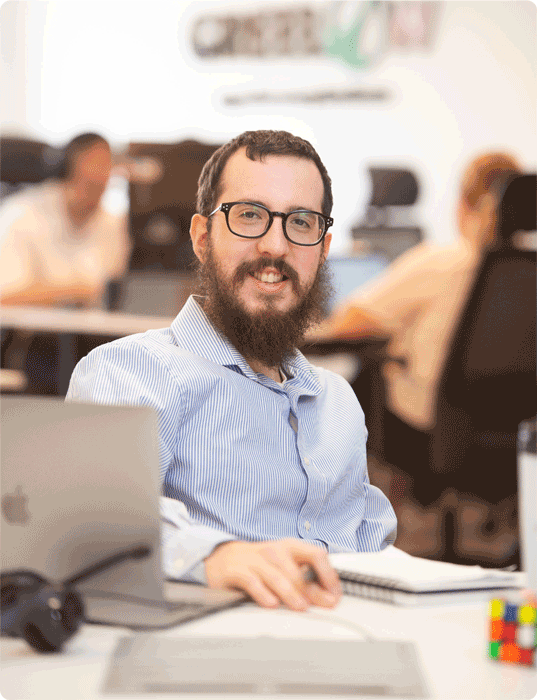The Evolution of Programming: From Books to Artificial Intelligence

1. Looking At The Past
When I Began My Career In 2014, The Programming World Had A Distinct Flavor. While Platforms Like Stack Overflow Existed, Boasting Over 4 Million Users At The Time, The Plethora Of Online Resources We See Today, With Over 50 Million Users, Was Just Budding. Greelow Veterans Often Shared Tales Of The Days When Books Were The Primary Source Of Knowledge And How Technical Challenges Took Days To Overcome.

2. The Digital Age And The Global Community
As time progressed, the digital age ushered in a revolution. Platforms like YouTube, now with over 2 billion registered users, became knowledge repositories. The global developer community began collaborating like never before, with GitHub hosting over 100 million repositories. At Greelow, we swiftly adapted to this new era, harnessing these resources and contributing to the global community.

3. Artificial Intelligence Takes The Stage
Just when we thought technology had peaked, Artificial Intelligence (AI) began making waves. Tools like GitHub Copilot, powered by OpenAI, promised to revolutionize the way we code. These tools not only provided code suggestions but also learned and evolved over time. It’s estimated that AI will contribute up to $15.7 trillion to the global GDP by 2030.

4. My Experience With AI At Greelow
My first interaction with AI was through GPT-3. What started as a simple Q&A session turned into a deep exploration of its capabilities. From general information retrieval to requesting the creation of a basic game, GPT-3 proved to be a formidable tool. According to OpenAI, GPT-3 was trained on 570GB of text, giving it a vast knowledge base. Now, with GPT-4, things are radically changing. It’s astounding that today GPT-4 Vision can recognize a visual layout, enabling us to design an entire website in just minutes.

5. Benefits And Challenges Of AI In Software Development
At Greelow, we’ve experienced first-hand the pros and cons of integrating AI into our workflow. While tools like GitHub Copilot can expedite the coding process, it’s crucial to be wary and not rely entirely on them. According to a GitHub survey, 88% of developers felt their productivity increased with Copilot, but concerns have been raised about the originality and security of the generated code.

6. Looking To The Future
The rapid evolution of AI promises a future where machines might autonomously code. According to a Gartner report, by 2024, low-code application development will account for over 65% of application development activity. With AI integration, routine tasks will be automated, allowing developers to focus on more complex and creative aspects of programming. This synergy between humans and machines promises to elevate software development to new heights.
Our Team

Javier Holcman
CEO

Jonathan Abel
Business Manager

Andrea Janna
HR Manager

Eze Wagmaister
Regional Director for Israel and EU

Romi Komarovsky
Head of Finance

Leo Holcman
Principal Engineer

